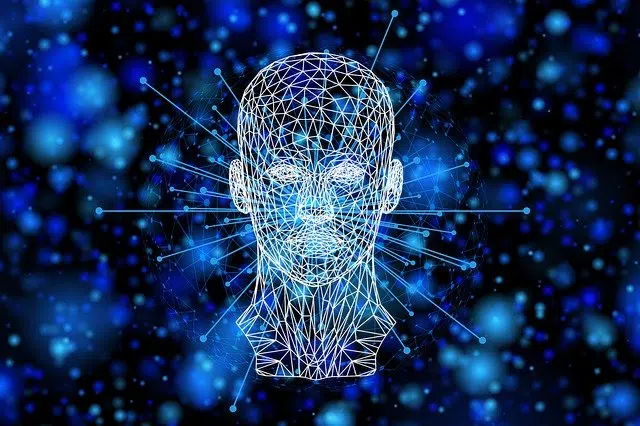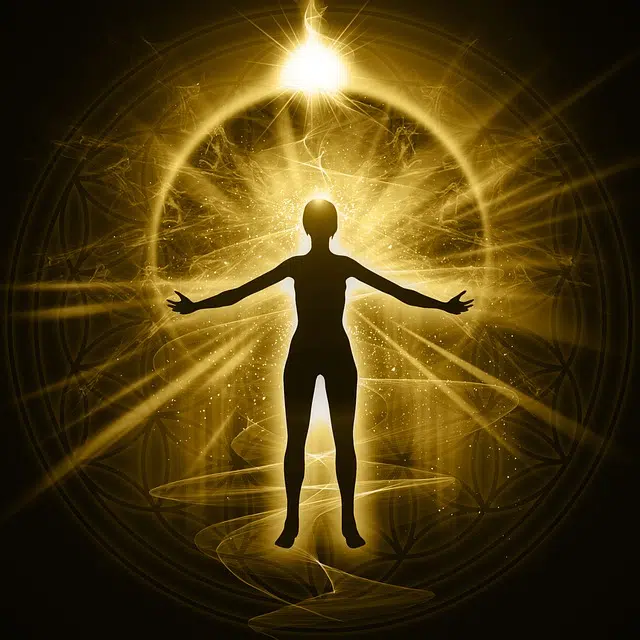
Consciousness can be understood as a psychic act.
Originating from the Latin word conscientia ( “with knowledge” ), consciousness is the psychic act through which a person perceives himself or herself in the world. On the other hand, conscience is a property of the human spirit that allows it to recognize itself in its essential attributes.
It is difficult to specify what consciousness is, since it has no physical correlate. It is about the reflective knowledge of things and mental activity that is only accessible to the subject himself. Therefore, from the outside, the details of the conscious cannot be known.
A complex concept
The etymology of the word indicates that consciousness includes what the subject knows. On the other hand, unconscious things are those that appear on another psychic level and that are involuntary or uncontrollable for the individual.
Philosophy considers that conscience is the human faculty to decide actions and take responsibility for the consequences according to the conception of good and evil. In this way, conscience would be a moral concept that belongs to the field of ethics .
Consciousness for psychology
For psychology , consciousness is a non-abstract cognitive state that allows a person to interact and interpret with external stimuli that form what we know as reality . If a person does not have conscience, he or she is disconnected from reality and does not perceive what has been done.
Psychology distinguishes between the conscious (establishes priorities), preconscious (depends on the objective to be met) and unconscious (not rationalized) levels. The structure of consciousness is given by the relationship established by these three levels.

Thanks to consciousness, an individual perceives himself in the world.
Resource for survival
Through consciousness an individual manages to have a notion of himself and his environment ; It is one of the elements that ensures the survival of a living being, as it allows it to be alert to dangers and act accordingly.
This process, although it is extremely simple at first glance, is the result of several psychic phenomena that take place in the minds of individuals at every moment without them having complete notion of it. To summarize it, this process consists of perceiving the environment through the senses and analyzing it with the information one has (which was developed from the experiences that the individual has had to deal with), memory.
If an individual's conscience functions in the "proper" way, the assessments he will make about his reality will be clear and will allow him to lead a stable life ; If, on the other hand, given that you have suffered certain traumatic situations, your way of understanding your environment may not be lucid and, therefore, you make decisions that will cause imbalances in your environment . At this point it can be said that lucidity and clarity are synonymous; for psychiatry, they are the aspects that define a healthy conscience.
Consciousness when sleeping
When we are awake our consciousness is alert and only relaxes when we sleep, at which time the subconscious can express itself and does so through dreams; That is why many specialists base their studies on the psychic universe of patients taking into account what they remember from dreams , because at that moment there are no structures or preconceptions and what is shown comes out without being analyzed, being able to access a space of the individual. which during the state of consciousness is absolutely hidden .
It is important to note that one of the causes of alterations in consciousness can be biological and psychological problems . The abuse of certain toxic substances, such as alcohol and drugs , can affect certain areas of the brain and cause alterations in consciousness that can be of different levels. Certain psychiatric illnesses , such as anxiety and depression , can also cause the same disorders in the way the individual conceives reality.
